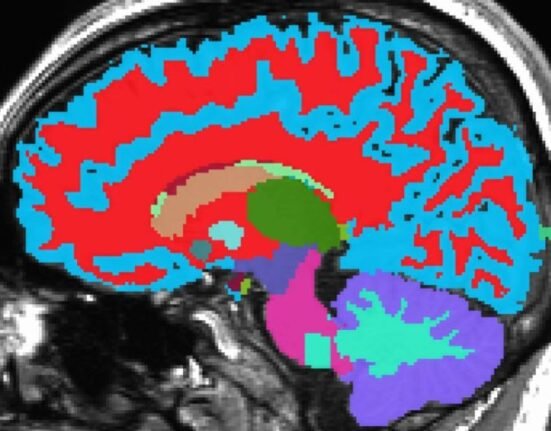HQ Team
November 19, 2024: The European Medicines Agency (EMA) granted conditional approval for lecanemab, for the treatment of early Alzheimer’s disease in certain patients.
This decision follows a previous rejection in July 2024, where the EMA deemed the potential risks associated with the drug outweighed its benefits. The new approval is specifically for patients who are either non-carriers or carry a single gene E ε4 (ApoE ε4).
Lecanemab, marketed as Leqembi, is given as a drip every two weeks.
Approval
The E ε4 (ApoE ε4) genetic variant is known to increase the risk of developing Alzheimer’s disease and is associated with a higher likelihood of experiencing severe side effects from treatments. By limiting the use of Leqembi to this specific group, the EMA aims to minimize risks such as amyloid-related imaging abnormalities (ARIA), which can include serious conditions like brain swelling and bleeding.
The EMA’s Committee for Medicinal Products for Human Use (CHMP) stated that “the benefits of Leqembi outweigh the risks” for these patients, provided that appropriate risk management measures are implemented. These measures include controlled access programs and regular MRI scans to monitor potential side effects during treatment.
Mechanism and efficacy
Lecanemab works by targeting and clearing amyloid beta proteins that accumulate in the brains of Alzheimer’s patients—a characteristic of the disease. Clinical trials have shown that Leqembi can reduce cognitive decline by approximately 27% in early-stage Alzheimer’s patients, offering hope to those affected by this debilitating condition.
Alzheimer’s disease impacts an estimated 6.9 million people across Europe, and with an aging population, this number is expected to nearly double by 2050. The approval of Leqembi is seen as a vital step toward addressing this growing health crisis.
Global context
Leqembi’s approval follows similar endorsements from regulatory bodies in other countries, including the United States and Japan. In August 2024, Britain’s Medicines and Healthcare Products Regulatory Agency (MHRA) also approved lecanemab, emphasizing its potential as a treatment option. The drug has been praised by Alzheimer’s researchers and advocacy groups for being one of the first treatments aimed at modifying the disease rather than merely alleviating symptoms.
Next steps
The EMA’s positive opinion will now be forwarded to the European Commission for final approval. Pricing and reimbursement decisions will be left to individual member states, which may influence how quickly patients can access this new treatment.
As Alzheimer’s disease continues to pose significant challenges for patients and caregivers alike, the approval of Leqembi represents a beacon of hope for many seeking effective treatment options.
More than 55 million people have dementia worldwide, over 60% of whom live in low-and middle-income countries. Every year, there are nearly 10 million new cases, according to the World Health Organization.
Dementia results from a variety of diseases and injuries that affect the brain. Alzheimer’s disease is the most common form of dementia and may contribute to 70% of cases.
Dementia is currently the seventh leading cause of death and one of the major causes of disability and dependency among older people globally.








